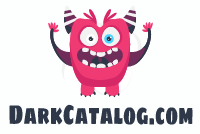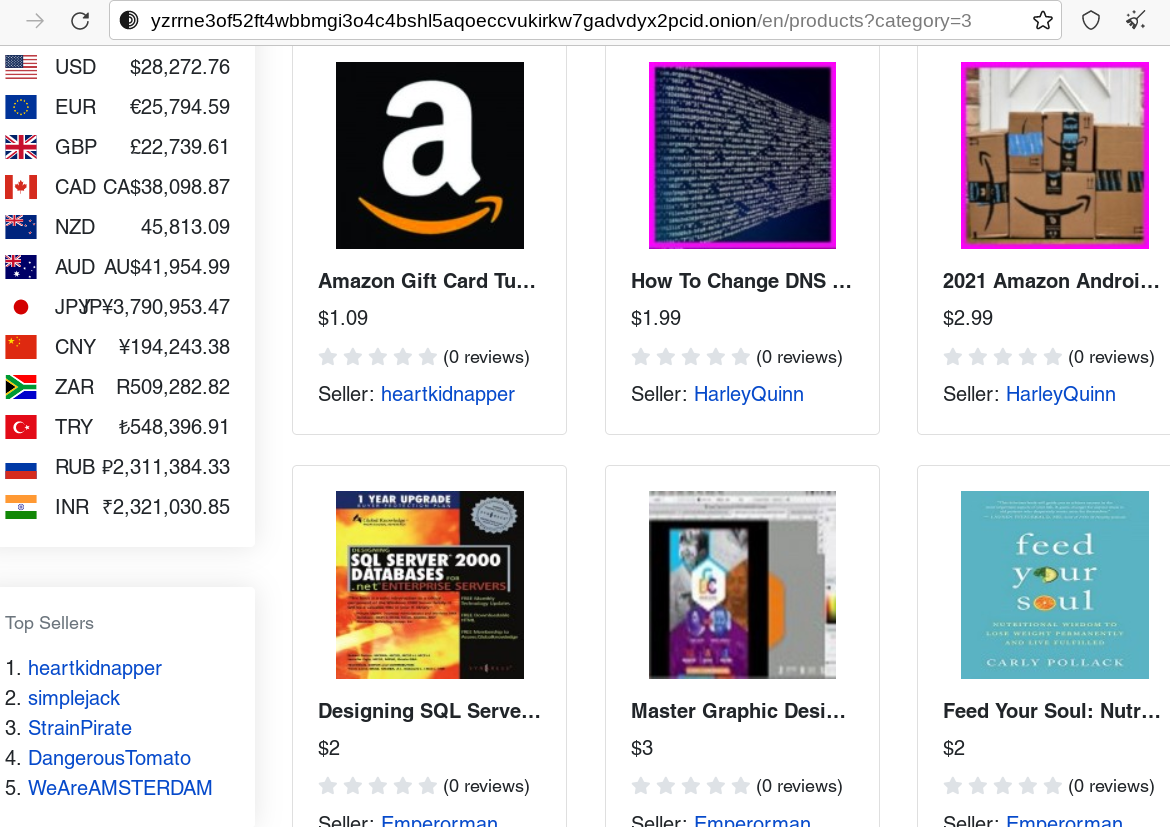The darknet, an infamous subset of the deep web, is home to a myriad of markets and forums that facilitate the trade of illicit goods and services. Among the wide range of offerings, one category that is frequently encountered is “digital products.” This term refers to the sale of intangible items, such as software, e-books, and other digital assets, many of which are either pirated, counterfeit, or used to facilitate illegal activities. In this article, we will delve into the world of digital products on the darknet markets, exploring the different types of items available, their legality, and the risks associated with purchasing them.
- Software and Pirated Content
A significant portion of digital products on darknet markets involves software and pirated content. This includes cracked or hacked software, ranging from popular operating systems and productivity suites to niche, specialized applications. These products are typically sold at a fraction of their legitimate retail price, which can be tempting for those looking to save money.
Pirated content, on the other hand, includes movies, television shows, music, and e-books. These items are often leaked or distributed illegally, bypassing copyright protections and allowing users to access them for free or at a significantly reduced cost. While this may seem like a victimless crime, the widespread distribution of pirated content can have a significant impact on the creators and industries involved.
- Counterfeit Digital Currencies
The darknet has also become a hotbed for counterfeit digital currencies, such as Bitcoin, Ethereum, and other altcoins. Scammers often use these markets to sell fake or manipulated digital currency, promising unsuspecting buyers the opportunity to purchase crypto at a discounted rate. However, once the transaction is complete, the buyer is left with worthless counterfeit currency that cannot be used or exchanged on legitimate platforms.
- Account Credentials and Data
Another common type of digital product available on the darknet markets is stolen account credentials and personal data. This may include usernames, cvv(credit cards – some reviews you can find here), fullz, passwords, and other sensitive information for popular online services such as social media platforms, e-commerce websites, and streaming services. Fraudsters often use these stolen credentials to gain unauthorized access to accounts, potentially leading to identity theft, financial loss, and other consequences for the victims.
In addition to individual account credentials, large-scale data breaches often result in the sale of massive datasets containing personal information on the darknet. This information can be used by cybercriminals for a variety of malicious purposes, such as identity theft, phishing attacks, or even blackmail.
Another prominent category of digital products on the darknet markets involves stolen gift and credit cards. Cybercriminals often obtain these cards through various methods, such as phishing attacks, card skimming, or data breaches. Once acquired, the card information is then sold on darknet markets, providing buyers with the opportunity to make fraudulent purchases at the expense of the legitimate cardholder. This can result in significant financial loss and distress for the victims, as well as potential legal consequences for the buyers if they are caught using the stolen cards.
In some cases, these markets may also offer “carding” services, where experienced fraudsters use the stolen card information to purchase physical goods or gift cards on behalf of the buyer, effectively laundering the stolen funds. This can make it even more difficult for law enforcement and financial institutions to trace the illegal transactions and bring the perpetrators to justice. By avoiding the purchase of stolen gift and credit cards on the darknet, individuals can help to combat this widespread form of cybercrime and protect themselves from the associated legal and financial risks.
- Hacking Tools and Services
The darknet is also known for its vast array of hacking tools and services, many of which are classified as digital products. These can include anything from software designed to exploit vulnerabilities in computer systems to custom-made malware that targets specific organizations or individuals. Many of these tools are sold as “exploit kits” or “malware-as-a-service,” allowing buyers to deploy sophisticated cyberattacks with minimal technical expertise.
Additionally, some darknet markets offer hacking services, where skilled cybercriminals can be hired to perform tasks such as gaining unauthorized access to computer systems, launching distributed denial-of-service (DDoS) attacks, or conducting corporate espionage.
- Legality and Risks
It is crucial to understand that purchasing digital products from darknet markets is often illegal and comes with significant risks. Not only are many of these products pirated or counterfeit, but they also often facilitate criminal activities, such as hacking or identity theft. Buyers may face legal consequences if caught, including fines and imprisonment.
Moreover, the inherent anonymity and lack of regulation within darknet markets make it easy for scammers to operate, leading to a high risk of fraud. Buyers may not receive the products they paid for, or they may unwittingly introduce malware or other security threats to their devices when downloading and using the digital products.
Additionally, engaging in transactions on the darknet can expose buyers to law enforcement surveillance or potential cyberattacks from other malicious actors. The use of cryptocurrencies, while providing a degree of anonymity, does not guarantee complete privacy and can still be traced by skilled investigators.
- Ethical Considerations
Beyond the legal and security risks, engaging in the trade of digital products on the darknet also raises ethical concerns. The widespread distribution of pirated content can have a significant negative impact on the industries and individuals involved in the creation and distribution of legitimate software, movies, music, and other media. This can result in lost revenue, reduced incentives for innovation, and potential job losses.
Similarly, the trade of stolen account credentials and personal data contributes to the growing problem of identity theft and other cybercrimes, causing significant harm to innocent individuals. By purchasing these digital products, buyers are indirectly supporting and enabling the criminal activities that led to the theft of the data in the first place.
Conclusion
The world of digital products on the darknet markets is a complex and murky one, offering a wide range of illicit goods and services that can have far-reaching consequences for both buyers and those affected by the trade. By understanding the different types of digital products available, as well as the legal, ethical, and security risks associated with purchasing them, individuals can make more informed decisions about whether to engage in this often-dangerous marketplace.
Ultimately, the best way to protect oneself from the risks associated with digital products on the darknet is to avoid these markets altogether and instead rely on legitimate sources for software, media, and other digital assets. By doing so, individuals can help to discourage the trade of illegal goods and services, while also ensuring their own safety and security.

